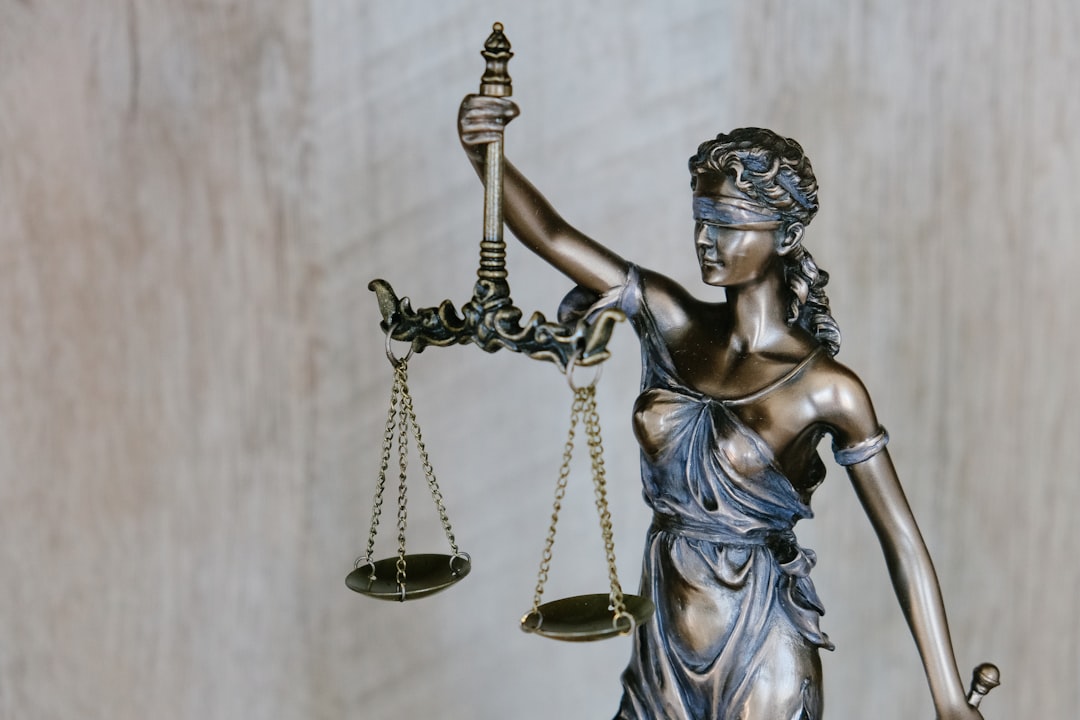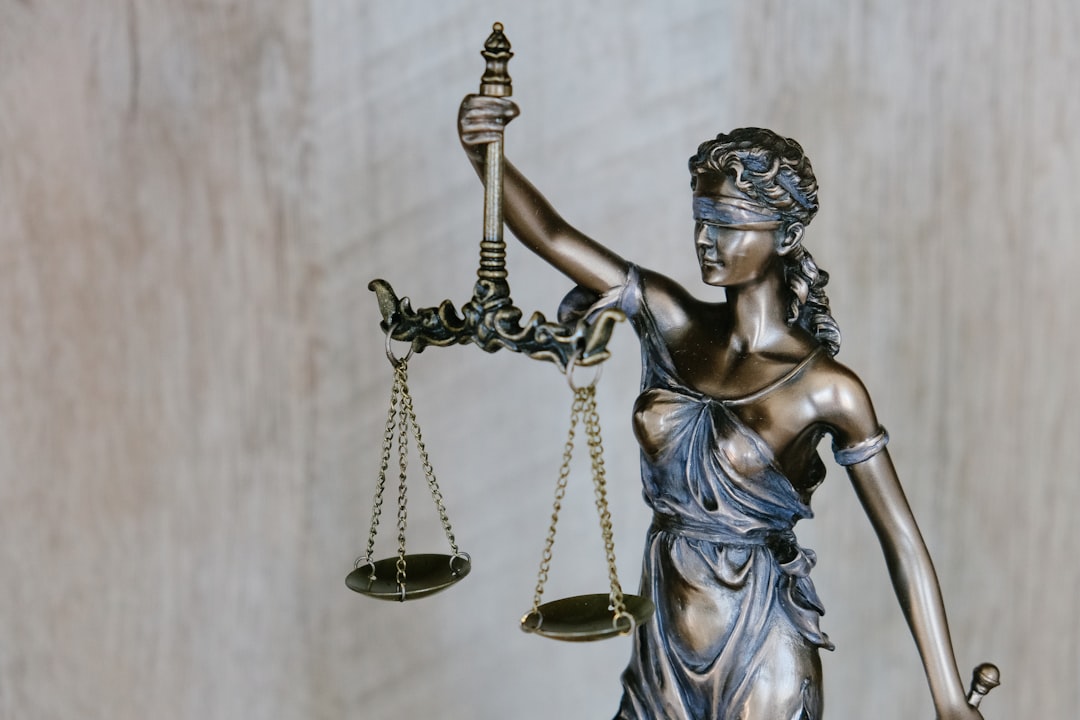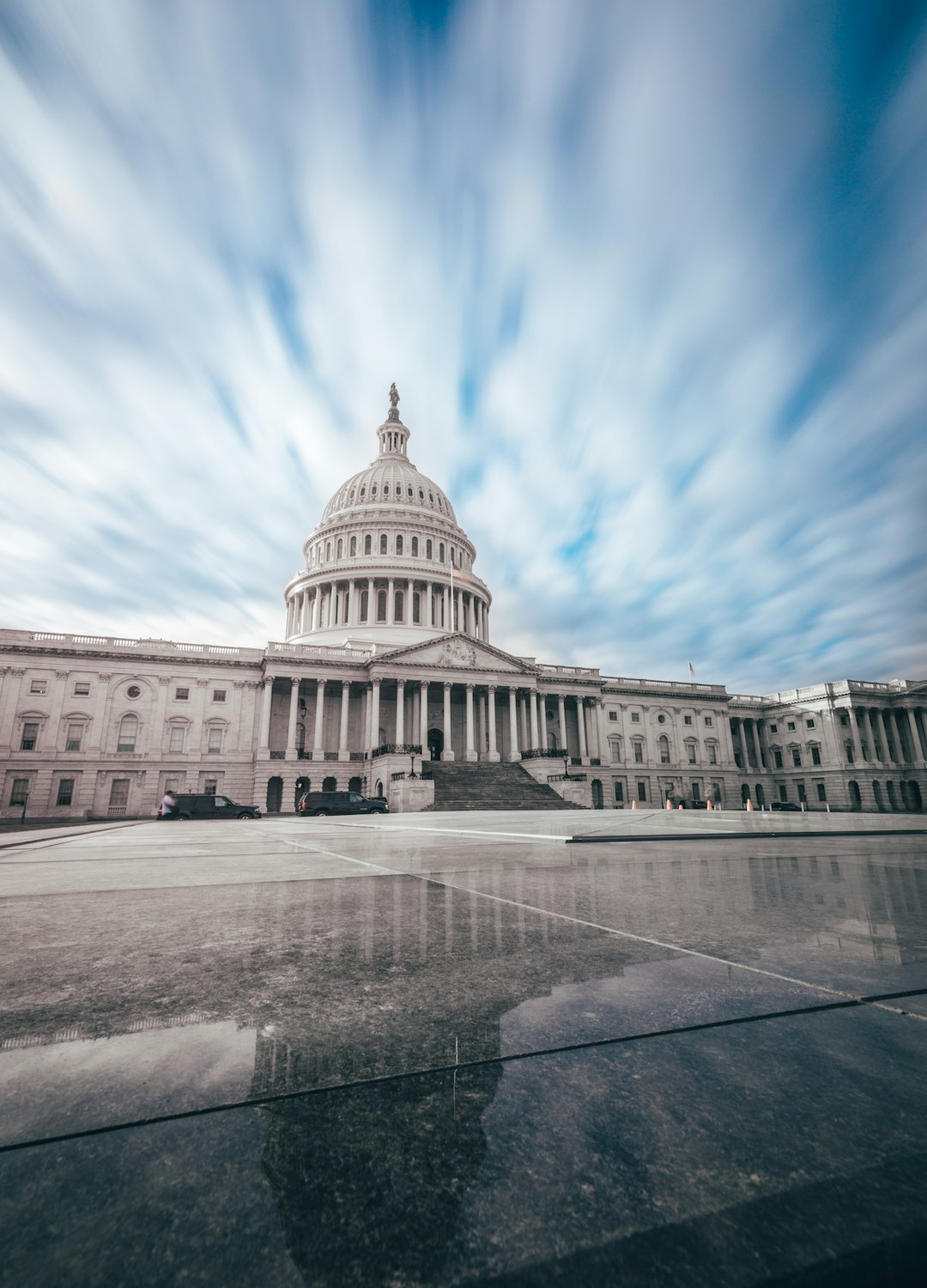“In Washington state, seeking justice and healing after sexual abuse is a crucial step. Understanding the legal landscape is essential, especially with specialized knowledge from a sexual abuse lawyer. This guide explores your rights and options, highlighting the vital role these attorneys play in building strong cases.
From navigating complex laws to gathering evidence, legal support is key. We’ll cover resources and steps to take after an incident, empowering individuals to find solace and accountability through the justice system.”
Understanding Sexual Abuse Laws in Washington State

In Washington state, sexual abuse laws are designed to protect victims and hold perpetrators accountable. If you’ve been a victim of sexual misconduct or assault, it’s crucial to understand your legal rights and options. A sexual abuse lawyer in Washington can provide invaluable guidance on navigating these complex laws. They will help you understand the statutes of limitations, types of compensation available, and the process for filing a civil lawsuit against the perpetrator.
Washington law recognizes various forms of sexual abuse, including rape, molestation, and non-consensual sexual acts. It’s important to note that consent cannot be given by minors or individuals under duress. A skilled sexual abuse lawyer in Washington will work diligently to ensure your case is handled with sensitivity and expertise, advocating for the justice and support you deserve.
The Role of a Sexual Abuse Lawyer

When navigating the complexities of a sexual abuse case, having a dedicated sexual abuse lawyer in Washington State is invaluable. These attorneys specialize in advocating for survivors and ensuring they receive the justice and support they deserve. They play a crucial role in guiding clients through the legal process, offering both emotional support and expert legal counsel.
A sexual abuse lawyer in Washington will first assess the unique circumstances of each case, providing tailored strategies to protect the rights of the survivor. They are well-versed in state laws and can help interpret and navigate the legal system, ensuring that every step taken aligns with the best interests of the client. Additionally, these lawyers often work closely with medical professionals and counseling services to ensure comprehensive support for survivors throughout their legal journey.
Building a Strong Case with Legal Support

When seeking justice and compensation for sexual abuse, having a dedicated sexual abuse lawyer in Washington state is invaluable. Legal professionals specialized in this field understand the complexities involved in building a strong case. They guide clients through the process, ensuring all evidence is gathered and presented effectively. A skilled attorney will help navigate the legal system, knowing which steps to take and what questions to ask, thereby increasing the chances of a successful outcome.
With their expertise, a sexual abuse lawyer Washington can assist in uncovering crucial details and identifying responsible parties. They know how to interrogate witnesses, review medical records, and interpret laws pertaining to such cases. This support is essential for victims who may struggle with reliving traumatic experiences, providing the necessary momentum to see their case through to resolution.
Resources and Steps to Take After an Incident

If you or someone close to you has experienced sexual abuse in Washington state, it’s crucial to take immediate action and seek support. The first step is to reach out to trusted resources that can provide guidance and legal assistance. Contacting a local sexual abuse lawyer in Washington is an essential part of this process as they specialize in handling such sensitive cases. They can offer advice on your rights and help navigate the legal system, ensuring you receive the justice you deserve.
In the aftermath of an incident, it’s important to take care of yourself and document any evidence that can support your case. This includes medical records, any personal items with potential evidence, and detailed accounts of what happened. Additionally, consider contacting local support hotlines or therapy services to help process the trauma. These resources are designed to assist survivors and provide a safe space to discuss their experiences.






